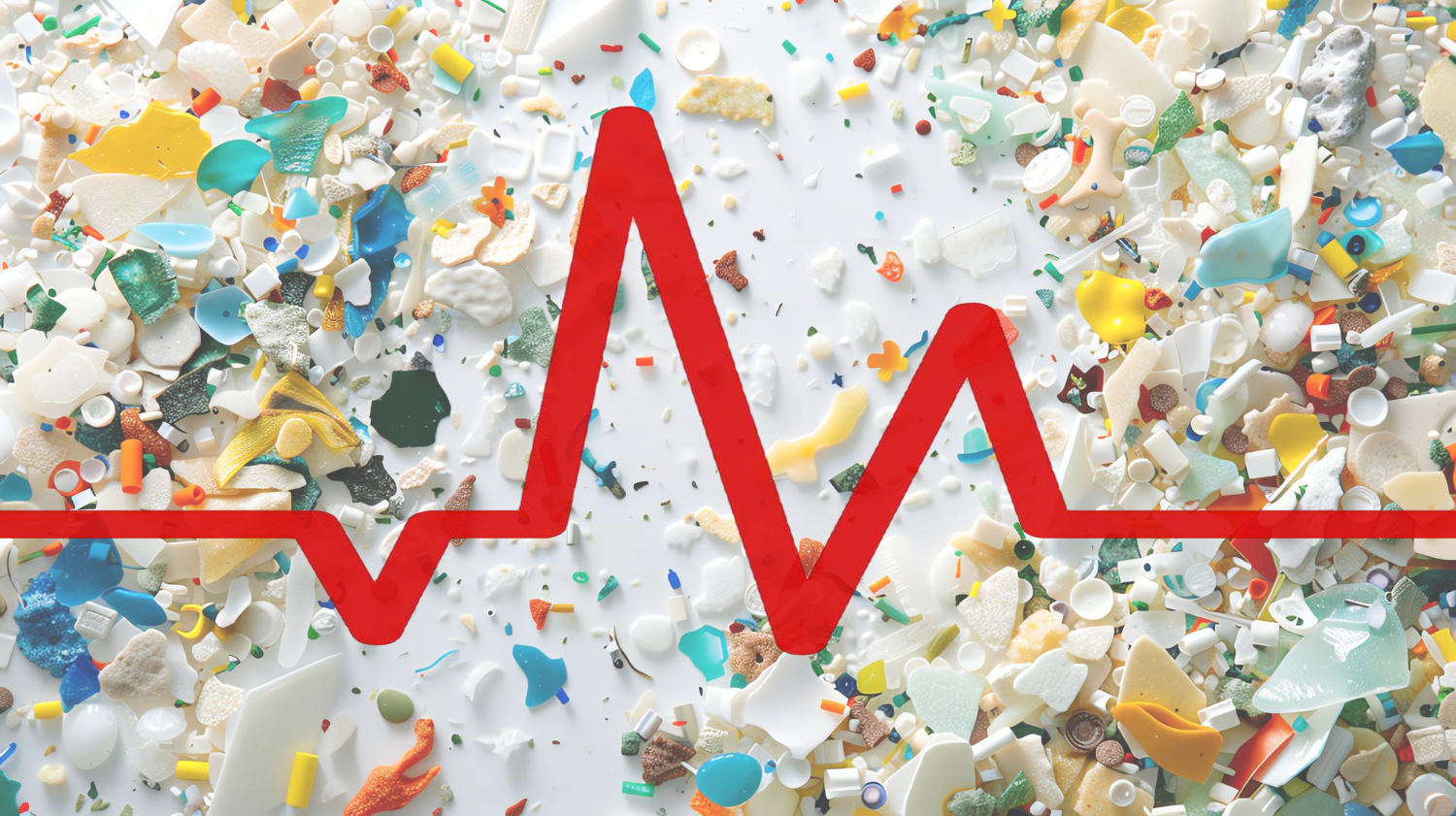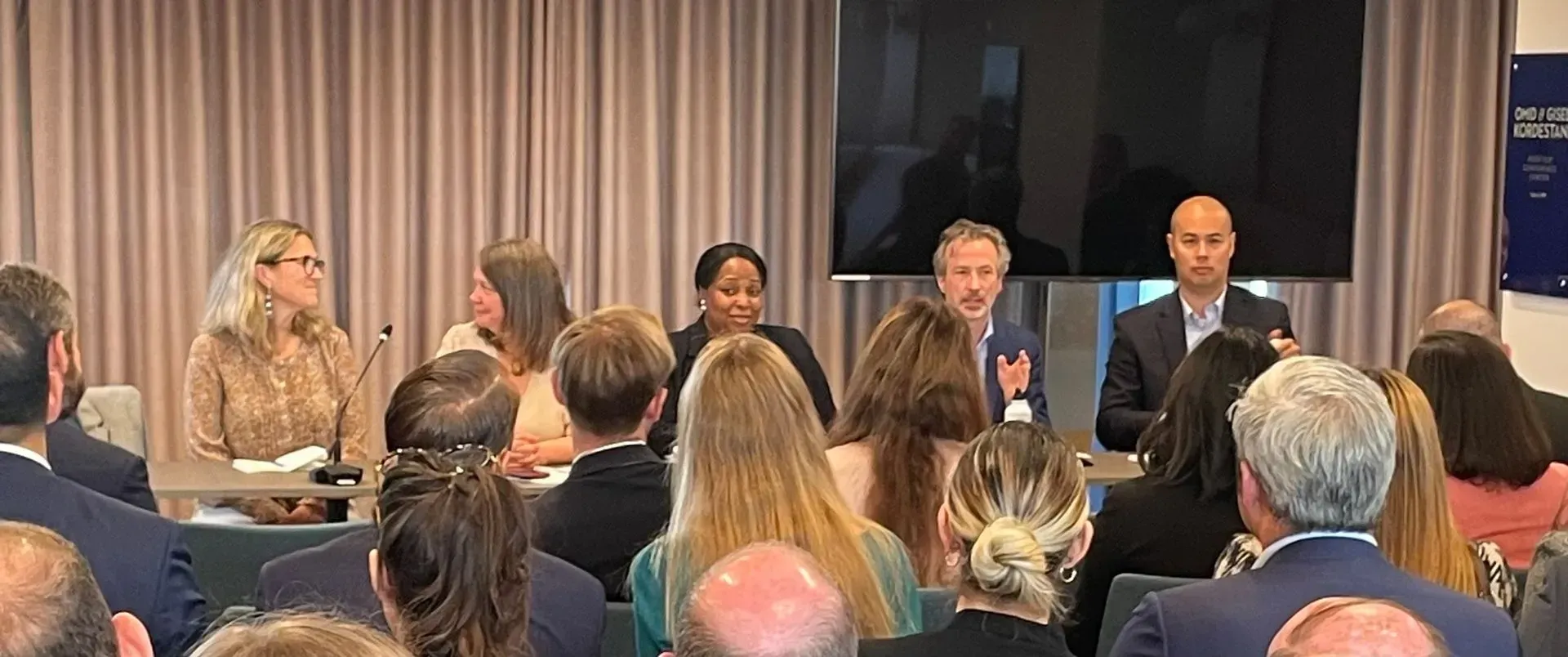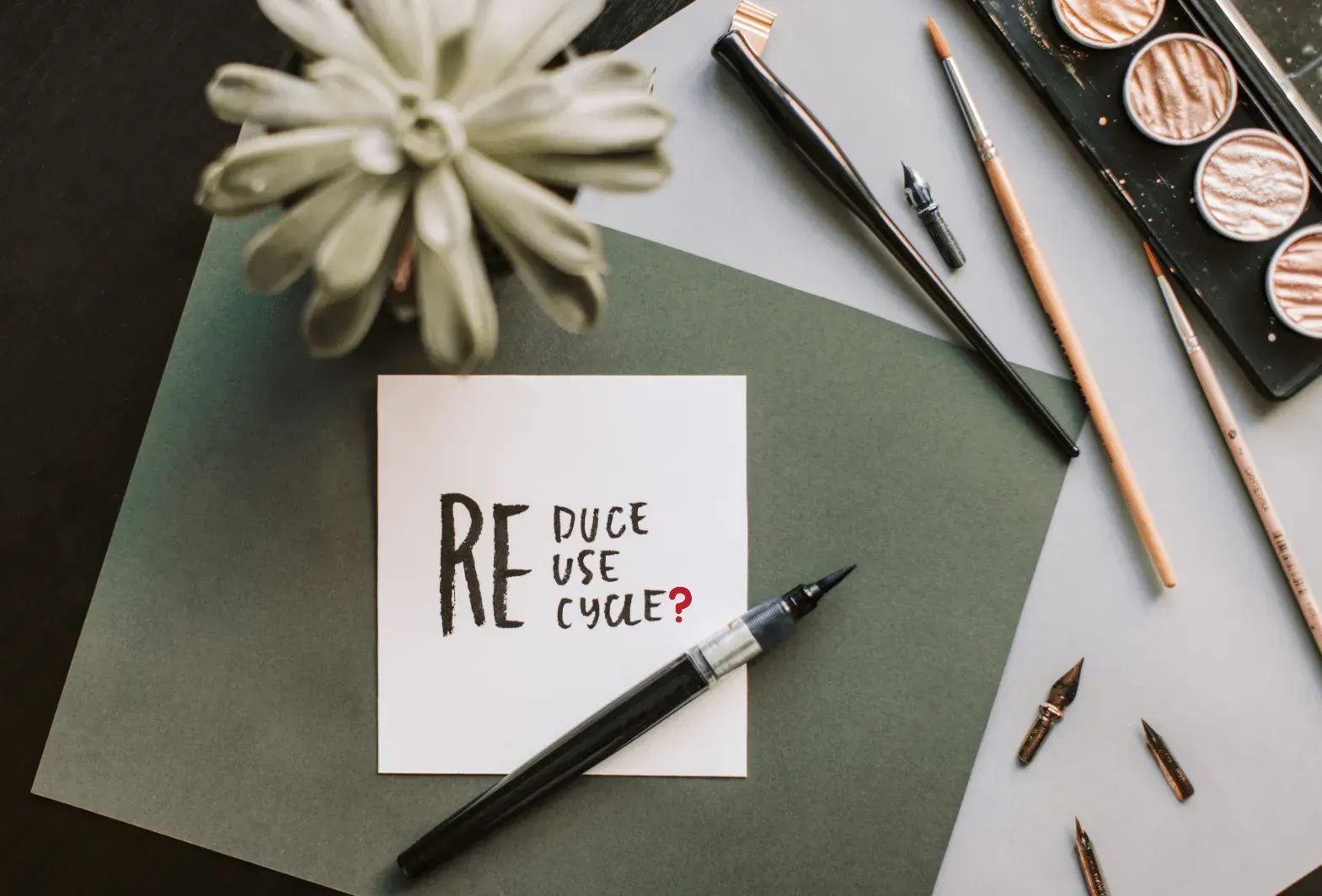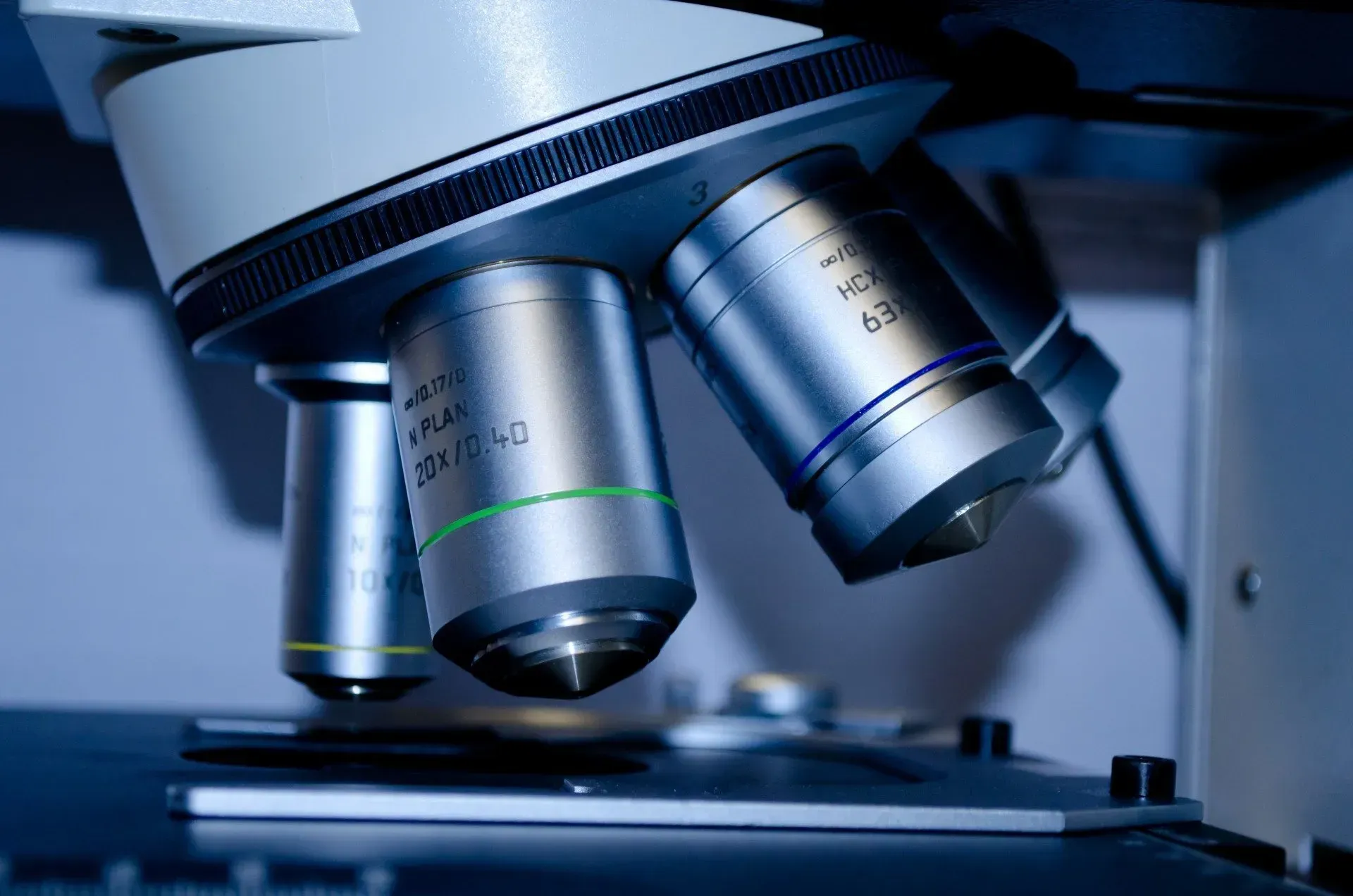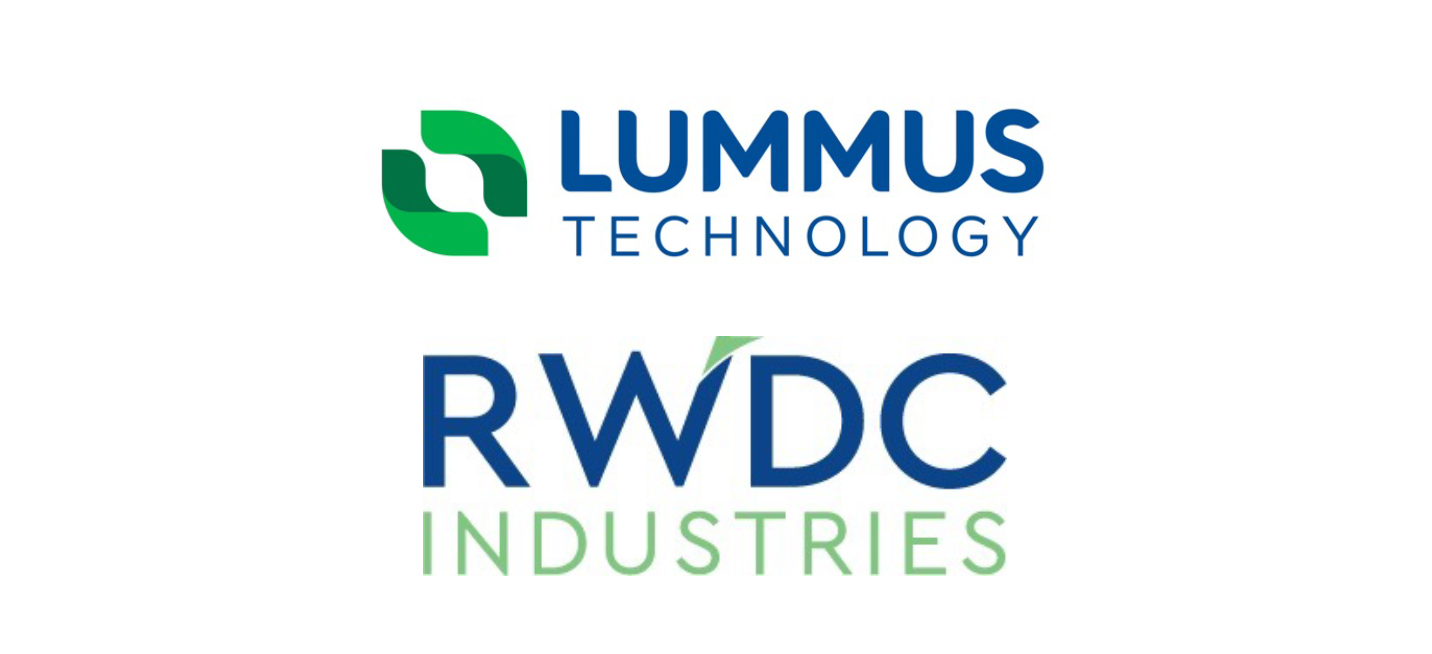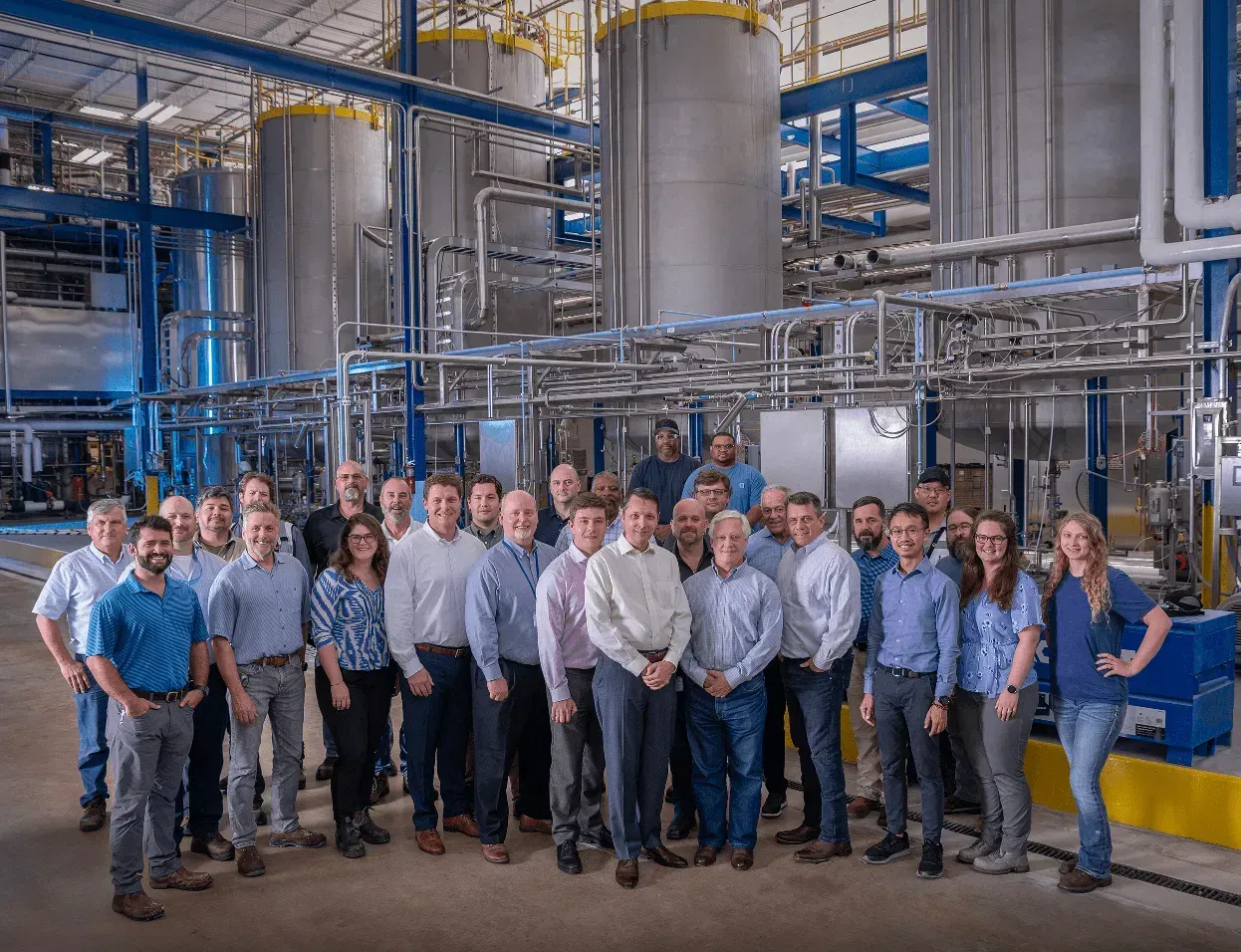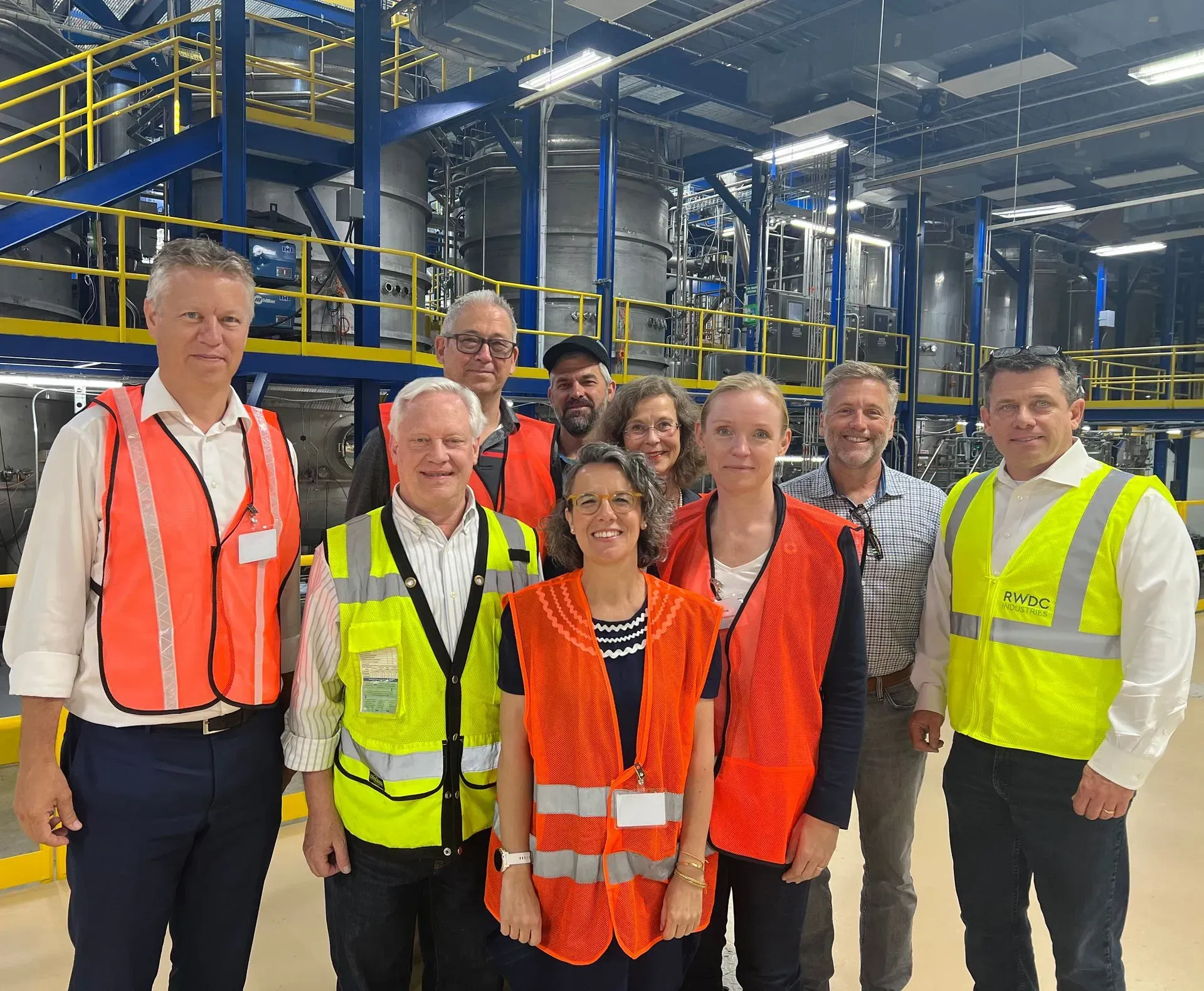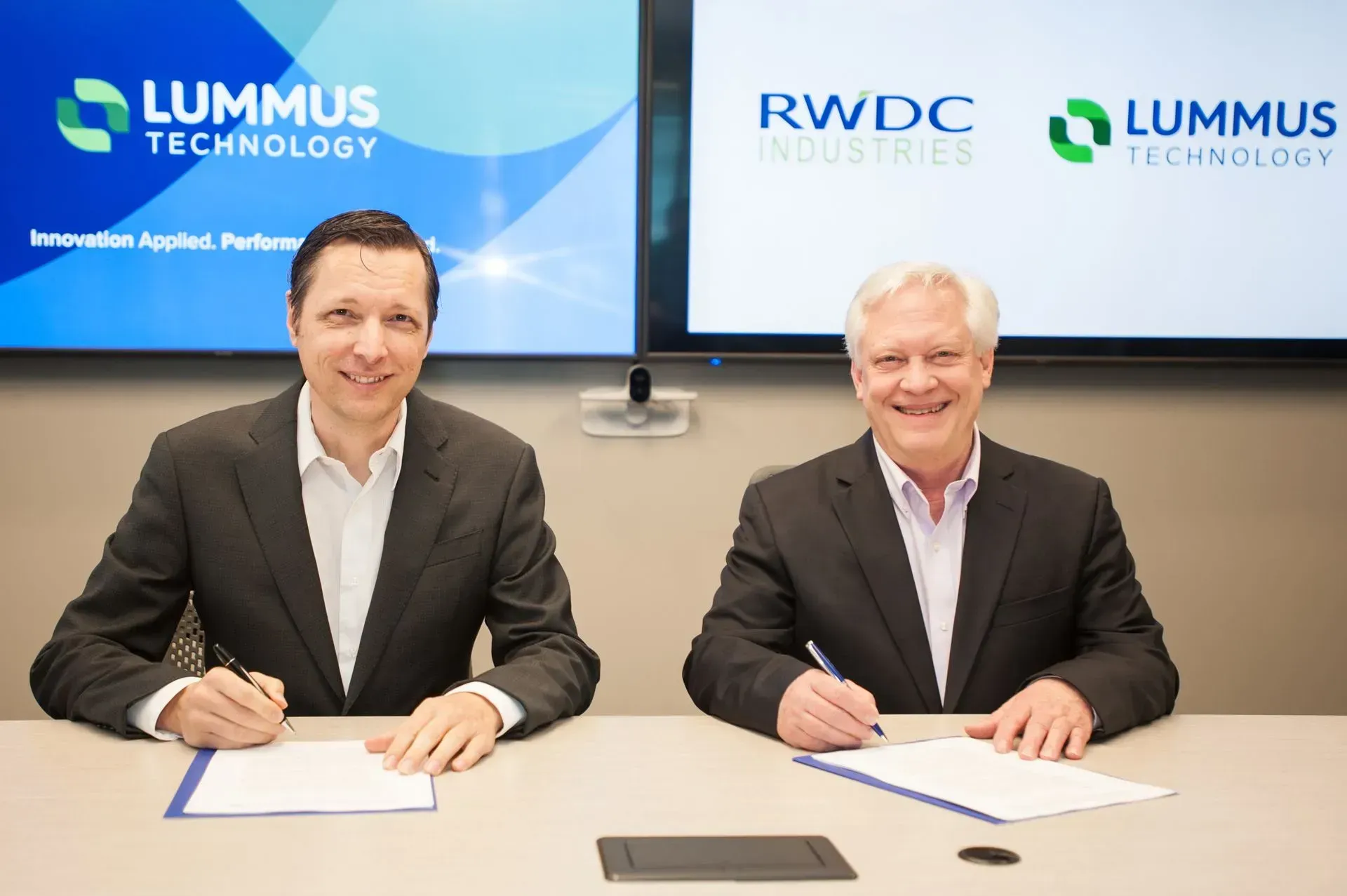May 8, 2023
WAYNE, Pa., and ATHENS, Ga., — Trinseo (NYSE: TSE) and RWDC Industries LLC announced today a partnership to further the development of sustainably advantaged paper and board packaging solutions by bringing polyhydroxyalkanoates (PHA) dispersion technology to target markets. This exclusive agreement builds on the partners’ ongoing efforts to optimize PHA dispersions for paper and paperboard barrier coating applications. Rising regulatory and consumer pressure is driving demand for sustainable replacements for non-recyclable packaging materials and chemistries, such as extruded polyethylene laminates and fiber processing with fluorochemicals. Trinseo and RWDC aim to meet this need using PHA dispersion technology to create water-based barrier coatings that are recyclable in traditional paper processes, organically recyclable via composting, and biodegradable in soil and marine environments. “We are constantly striving to refine our product portfolio to deliver innovative, customer-centric products that solve material challenges with tailored, sustainable solutions,” said Andre Hugentobler, Global New Business Development and Technology & Innovation Director, Latex Binders, Trinseo. “Our partnership with RWDC is a perfect example of a combined approach that allows both partners to focus on what they do best and jointly deliver technical solutions that will benefit our customers and the markets they serve.” “Our new partnership with Trinseo is a critical step in our journey to bring Solon™ PHA forward as an innovative material solution for an application that has high-performance requirements while being environmentally safe,” said Blake Lindsey, Chief Commercial Officer for RWDC Industries. “This is an exciting time for RWDC, and we are pleased to be working alongside global leaders like Trinseo to bring both best- and first-in-class materials to the marketplace.” This partnership recognizes the strength both companies bring in providing cutting-edge materials, technical solutions, and development capabilities to answer immediate calls for chemistry that supports sustainable packaging solutions. Together, Trinseo and RWDC Industries will combat the challenges the world faces with single-use, non-recyclable packaging waste and fluorochemical treatments used in barrier coatings. About Trinseo Trinseo (NYSE: TSE), a specialty material solutions provider, partners with companies to bring ideas to life in an imaginative, smart and sustainably focused manner by combining its premier expertise, forward-looking innovations and best-in-class materials to unlock value for companies and consumers. From design to manufacturing, Trinseo taps into decades of experience in diverse material solutions to address customers’ unique challenges in a wide range of industries, including building and construction, consumer goods, medical and mobility. Trinseo’s approximately 3,400 employees bring endless creativity to reimagining the possibilities with clients all over the world from the company’s locations in North America, Europe and Asia Pacific. Trinseo reported net sales of approximately $5.0 billion in 2022. Discover more by visiting www.trinseo.com and connecting with Trinseo on LinkedIn , Twitter , Facebook and WeChat. About RWDC Industries RWDC Industries is a biotechnology company that utilizes natural processes to produce materials for use in our daily lives. RWDC develops innovative, cost-effective biopolymer material solutions, including SolonTM PHA, a fully biodegradable and environmentally safe material that can replace plastic in a wide range of applications from single use articles to consumer goods or food packaging to non-wovens and textiles. RWDC supports sustainable practices and encourages responsible choice in plastic waste management, including recycling, to protect our environment and planet. Its global headquarters is in Singapore, and its operational headquarters is in Athens, Georgia. For more information on RWDC, visit www.rwdc-industries.com Cautionary Note on Forward-Looking Statements This press release may contain forward-looking statements including, without limitation, statements concerning plans, objectives, goals, projections, forecasts, strategies, future events or performance, and underlying assumptions and other statements, which are not statements of historical facts or guarantees or assurances of future performance. Forward-looking statements may be identified by the use of words like "expect," "anticipate," “believe,” "intend," "forecast," "outlook," "will," "may," "might," "see," "tend," "assume," "potential," "likely," "target," "plan," "contemplate," "seek," "attempt," "should," "could," "would" or expressions of similar meaning. Forward-looking statements reflect management’s evaluation of information currently available and are based on our current expectations and assumptions regarding our business, the economy and other future conditions. Because forward-looking statements relate to the future, they are subject to inherent uncertainties, risks and changes in circumstances that are difficult to predict. Factors that might cause future results to differ from those expressed by the forward-looking statements include, but are not limited to, our ability to successfully execute our business and transformation strategy; increased costs or disruption in the supply of raw materials; increased energy costs; our ability to successfully generate cost savings and increase profitability through asset restructuring initiatives; compliance with laws and regulations impacting our business; conditions in the global economy and capital markets; and those discussed in our Annual Report on Form 10-K, under Part I, Item 1A —"Risk Factors" and elsewhere in our other reports, filings and furnishings made with the U.S. Securities and Exchange Commission from time to time. As a result of these or other factors, our actual results, performance or achievements may differ materially from those contemplated by the forward-looking statements. Therefore, we caution you against relying on any of these forward-looking statements. The forward-looking statements included in this press release are made only as of the date hereof. We undertake no obligation to publicly update or revise any forward-looking statement as a result of new information, future events or otherwise, except as otherwise required by law. Press Contacts: Trinseo: Bregje van den Braak bvandenbraak@trinseo.com RWDC Industries: S. Blake Lindsey +1 706 363 3040 x103 +1 678 372 3510 (cell) blindsey@rwdc-industries.com
